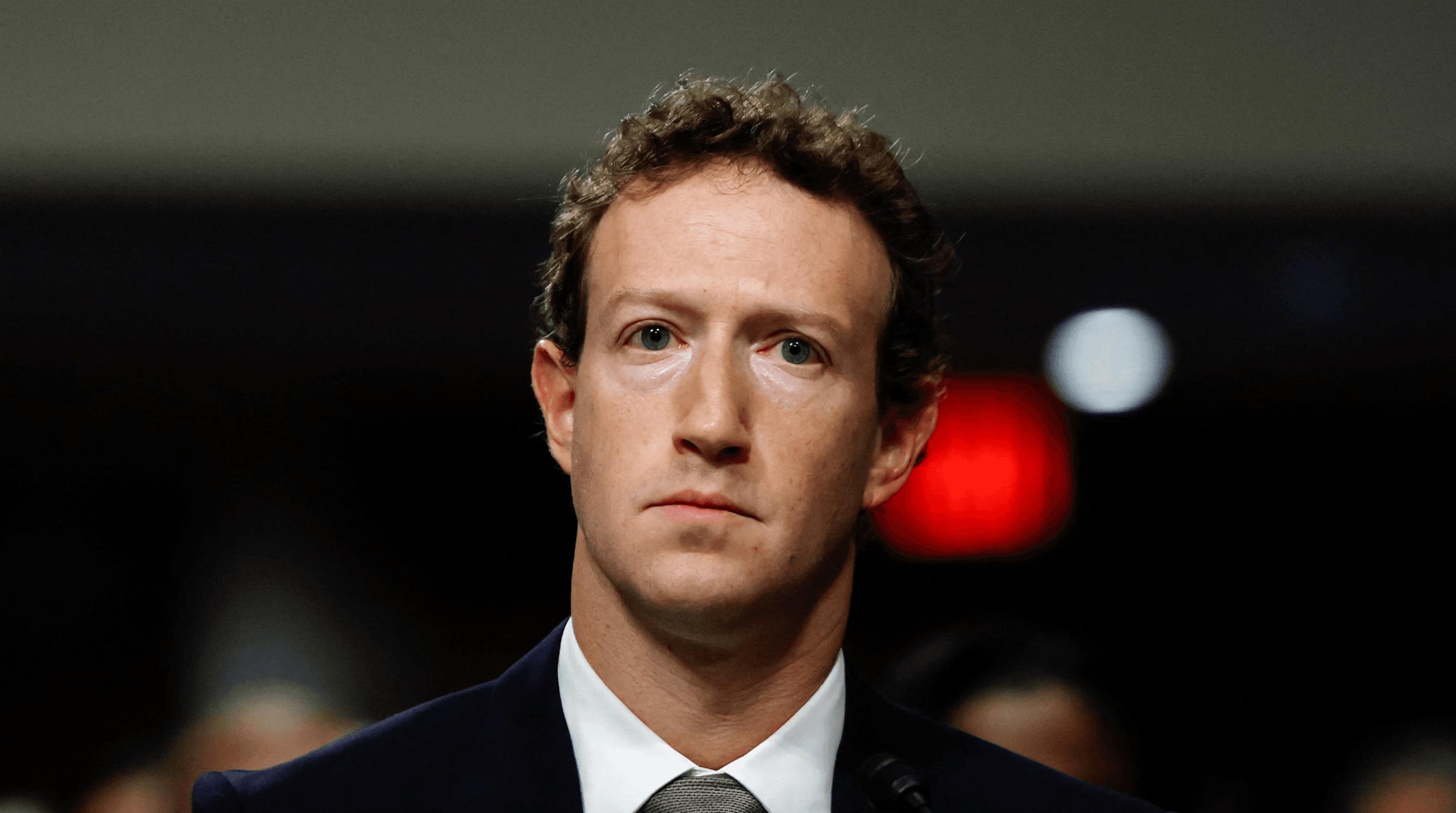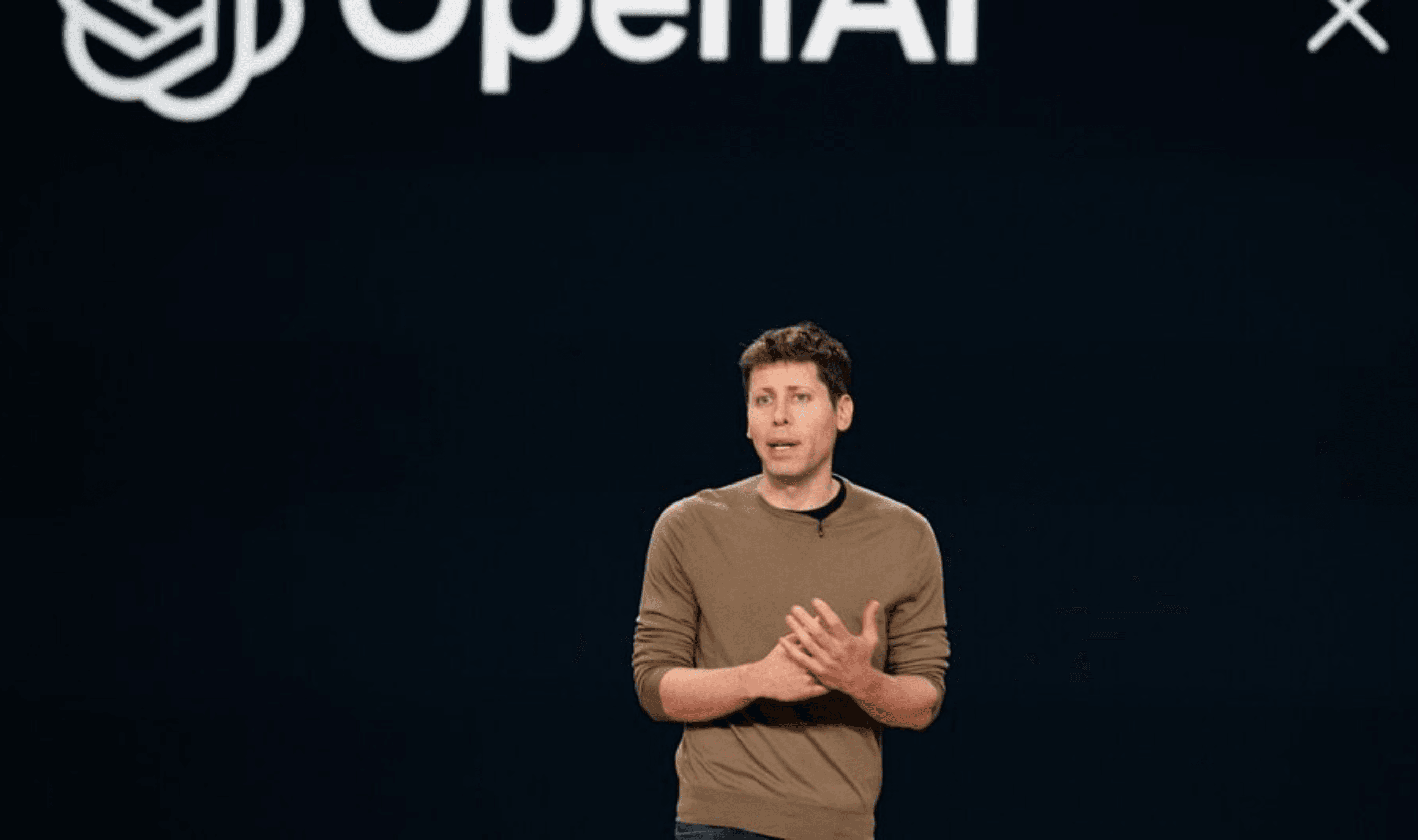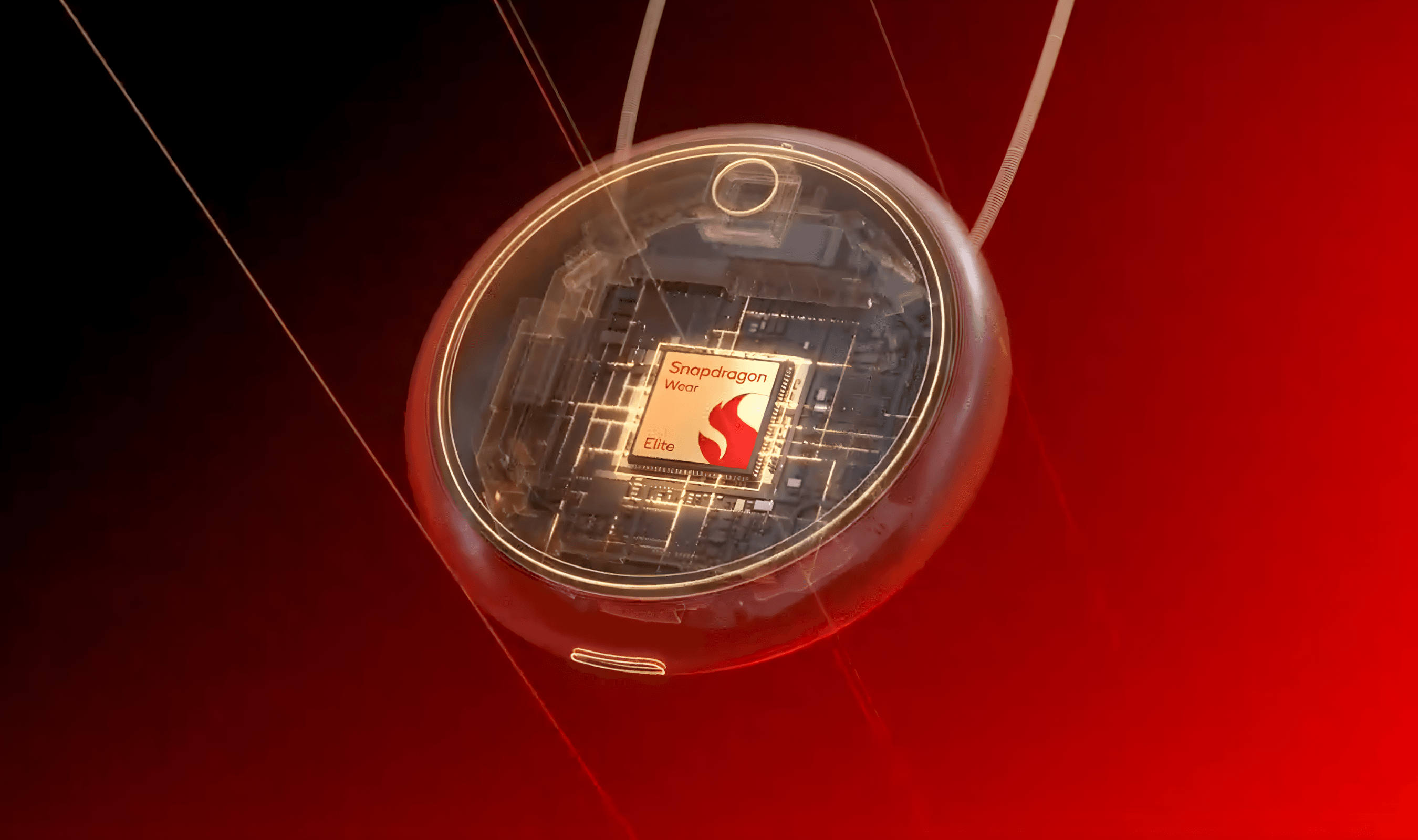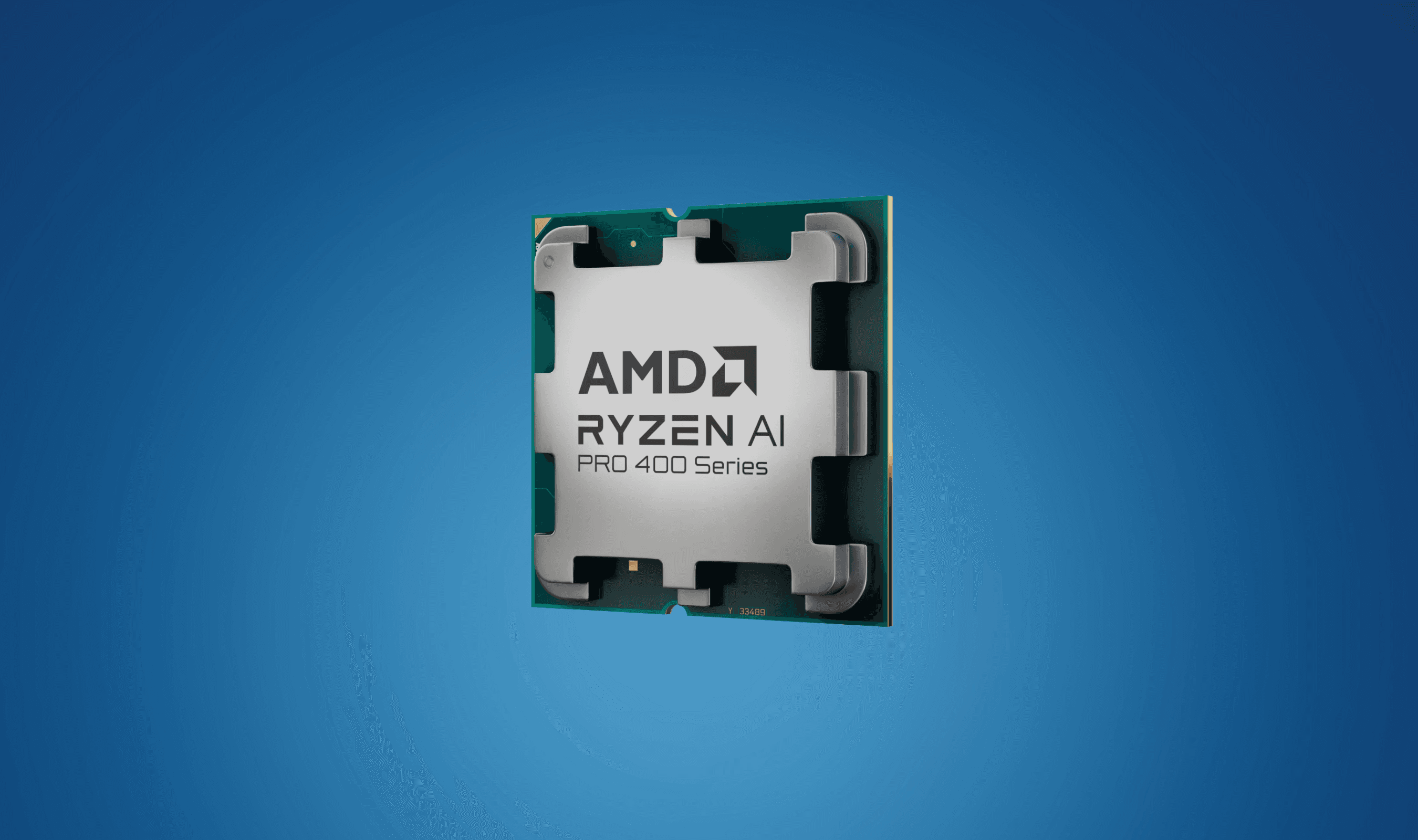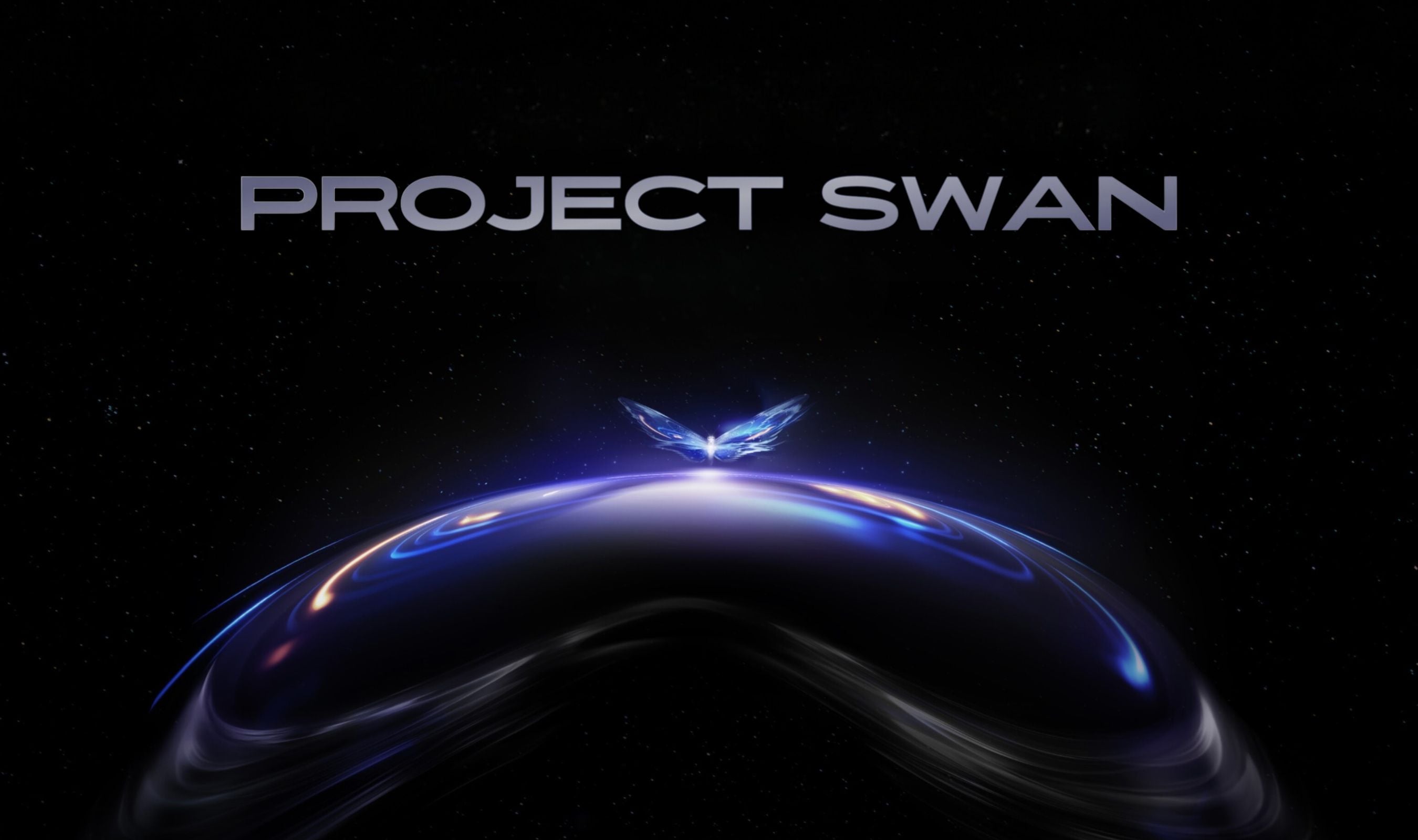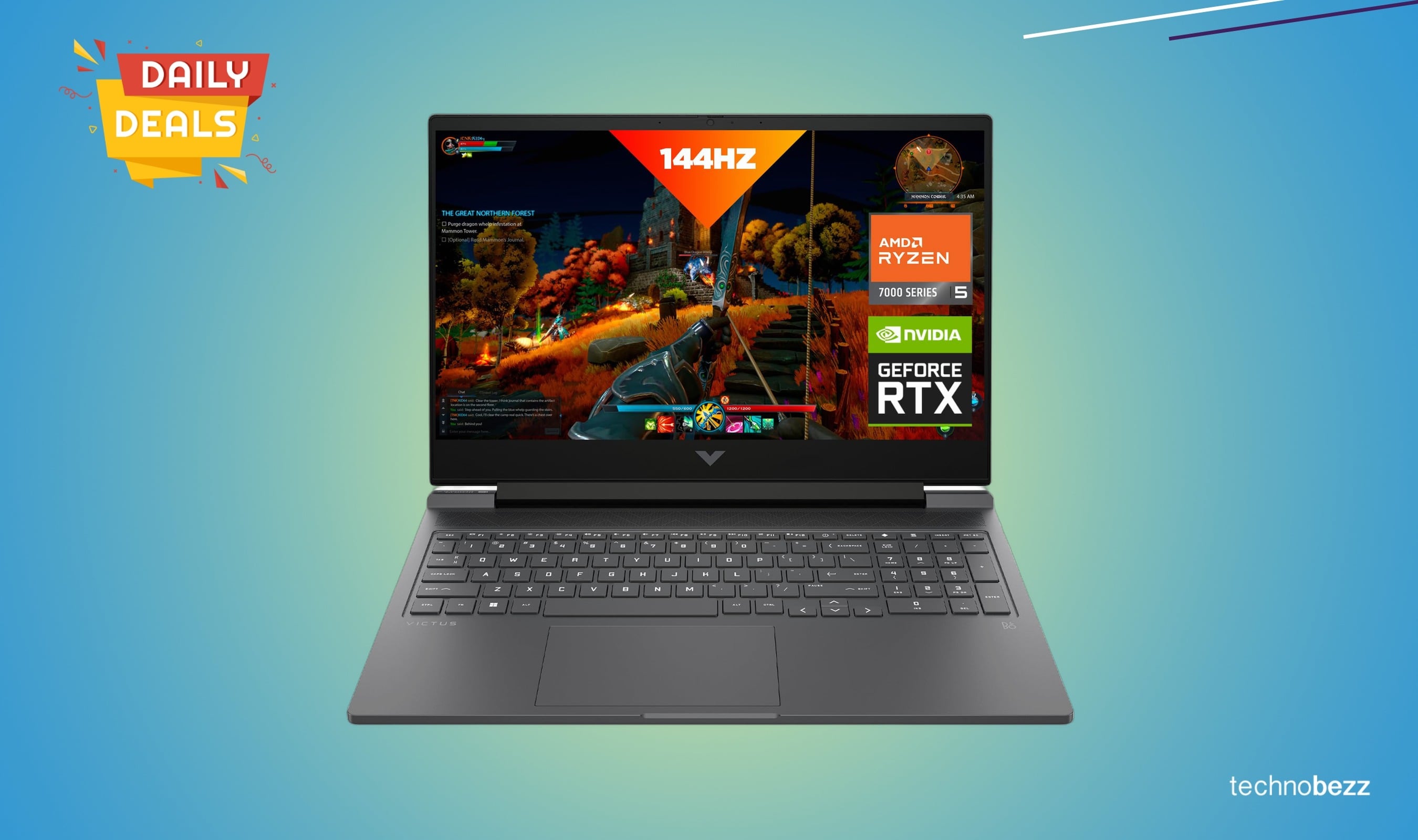In a court filing dropped Thursday, OpenAI revealed that Elon Musk tried to rope Mark Zuckerberg into his audacious bid to buy the ChatGPT maker earlier this year. Yes, really.
According to Business Insider, Musk reached out to Meta's CEO about "potential financing arrangements or investments" for his $97.4 billion hostile takeover attempt. Picture this: the guy who calls Sam Altman "Scam Altman" on Twitter trying to sweet-talk the Facebook founder into helping him acquire their mutual AI rival. The sheer audacity is almost impressive.
But here's the kicker - Zuckerberg apparently wasn't interested in Musk's little shopping spree. Neither the Meta CEO nor his company signed Musk's letter of intent or threw any cash into the nearly $100 billion pot. OpenAI's board ultimately rejected the entire proposal in February, which probably came as a surprise to exactly nobody.
This revelation comes courtesy of OpenAI's legal team, who are clearly done playing nice in their ongoing court battle with Musk. The AI company is now asking a judge to force Meta to hand over any documentation related to communications with Musk or his rival AI startup xAI. It's the legal equivalent of demanding to see all the receipts.
Meta, for its part, is having none of it. As reported by Bloomberg, the company is urging the court to deny OpenAI's request, arguing that "Meta's documents can hold no evidence of 'coordination' with Musk" since they never actually joined the acquisition attempt. Their response basically amounts to "we didn't participate, so leave us out of this mess" - which is probably the most sensible position anyone has taken in this entire saga.
The timing of these revelations is particularly juicy given the current state of AI competition. While Musk was apparently trying to convince Zuckerberg to help him buy OpenAI, Meta was simultaneously waging its own talent war against the very same company. Over the summer, Zuckerberg's team reportedly offered researchers from frontier labs like OpenAI compensation packages worth up to $100 million to join Meta's superintelligence division. Talk about mixed signals.
But the really fascinating part isn't just the failed acquisition attempt - it's how this undermines Musk's entire legal strategy against OpenAI. The Tesla CEO has filed two lawsuits claiming that Sam Altman and company betrayed OpenAI's founding principles by prioritizing commercial interests over public good. He's argued that their partnership with Microsoft corrupted the organization's original nonprofit mission.
Here's the problem with that argument: if you're simultaneously trying to buy the same company for nearly $100 billion and recruit one of its biggest competitors to help fund the deal, your claims about protecting nonprofit values start looking pretty thin. Bloomberg reports that a judge overseeing the legal battle previously noted that Musk's own efforts to commercialize OpenAI "may be inconsistent" with his allegations against Altman and the company.
This whole mess traces back to OpenAI's complicated origin story. Musk co-founded the AI research lab with Altman and others back in 2015, but left the board three years later citing conflicts over the company's direction as it moved toward a for-profit structure. He then launched xAI as a direct competitor and has spent the better part of two years trying to legally sabotage OpenAI's restructuring efforts.
The irony is almost too perfect. Musk has positioned himself as the defender of OpenAI's original mission, claiming Altman sold out to corporate interests. But court documents now suggest he was quietly shopping around for billionaire co-investors to help him buy the company outright. If that's not putting commercial interests first, what is?
As this legal drama continues to unfold, one thing becomes increasingly clear: the AI industry's biggest personalities are playing a much more complex game than their public statements suggest. While they trade barbs on social media and file competing lawsuits, behind the scenes they're apparently trying to cut deals with each other in ways that would make a soap opera writer jealous.
The court will ultimately decide whether Meta has to turn over those communications with Musk. But regardless of what those documents reveal, this story has already exposed the gap between Silicon Valley's public posturing and private plots. In the race to control artificial intelligence, it seems like everyone's willing to work with their enemies - as long as the price is right.



